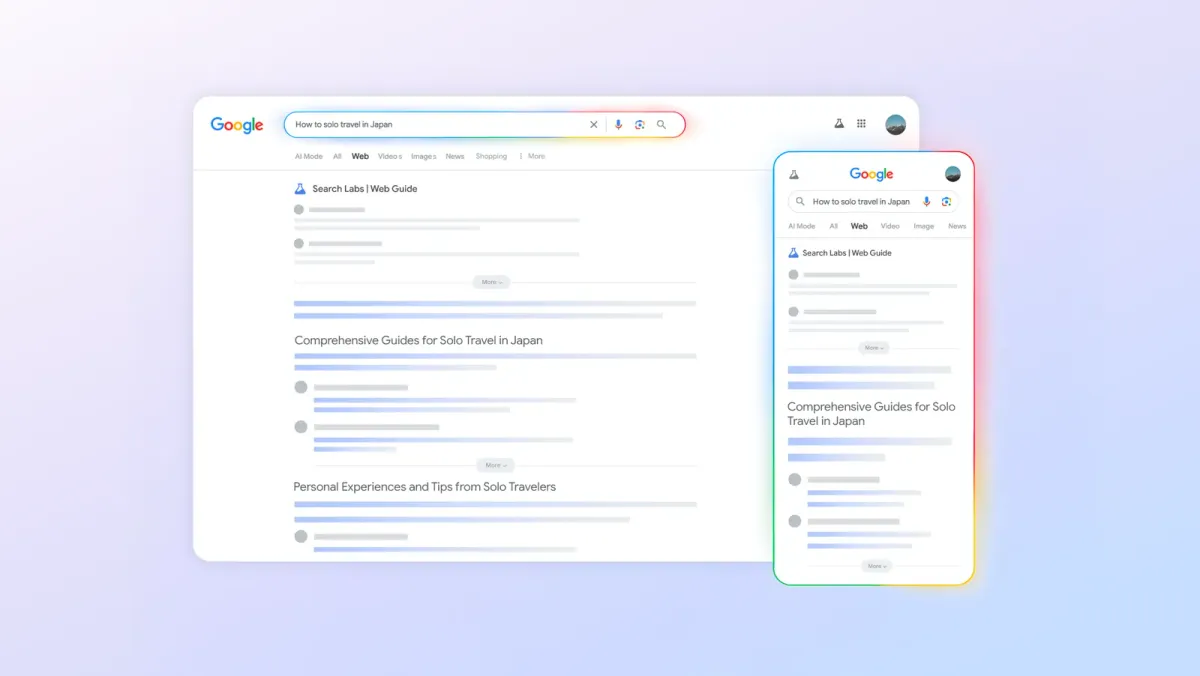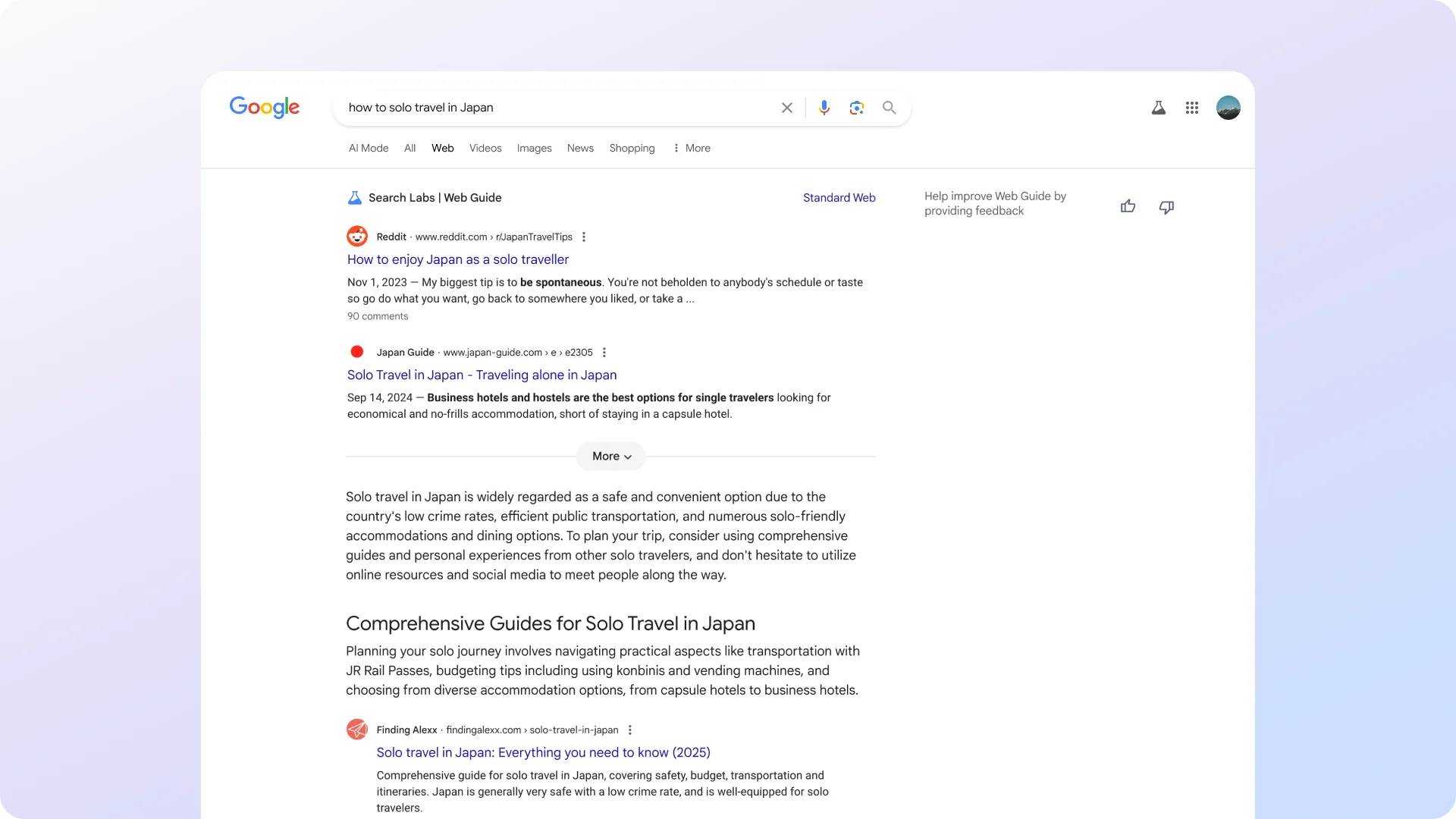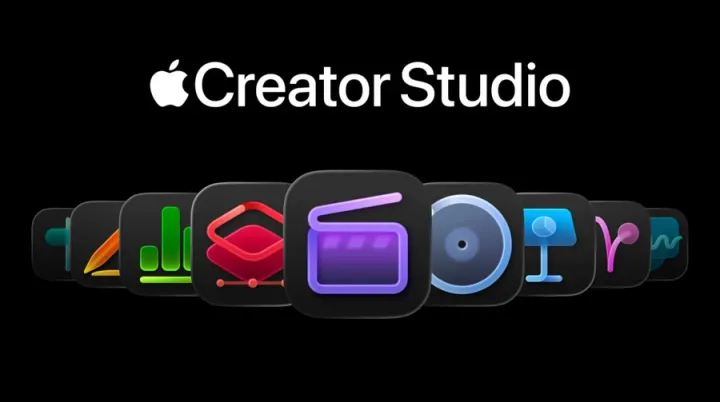Google has introduced the Web Guide feature for organizing search results
The Web Guide feature is particularly useful for broad or complex queries.It breaks down the results into thematic sections, making it easier to navigate through them.

Google has rolled out a new experimental feature called Web Guide, aimed at improving search results and helping users find information more efficiently.
As part of the Search Labs initiative, Web Guide using AI to organize search results into clearly defined categories that highlight different aspects of a user’s query. It is powered by a customized version of the Gemini model, which enables deeper analysis of both search inputs and online content. This enhanced understanding allows Google to surface helpful pages that might otherwise go unnoticed in traditional search results.
Similar to AI Mode, Web Guide uses a technique called query expansion, which involves running multiple related searches simultaneously. This helps Google retrieve the most relevant information from a wider range of sources in real time.
The feature is particularly useful for broad or complex queries. Web Guide breaks down the results into thematic sections, making them easier to navigate.

Initially, Web Guide will be available to users who opt in, appearing under the Web tab in Search. Users can switch back to the standard results view at any time. In the future, Google plans to expand this AI-powered approach to other areas of Search — including the All tab — as it learns where it offers the most value.
As part of the Search Labs program, users can also explore other experimental tools, such as AI Mode, Notebook LM, a video creation tool called Flow, and an audio version of the Google Discover news feed.



